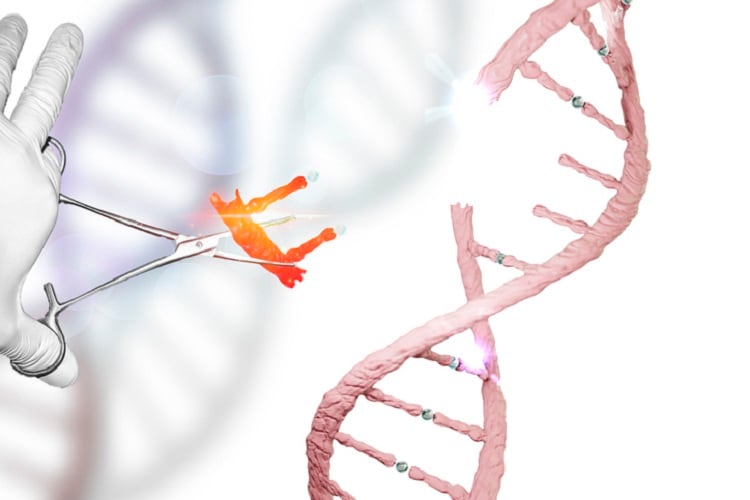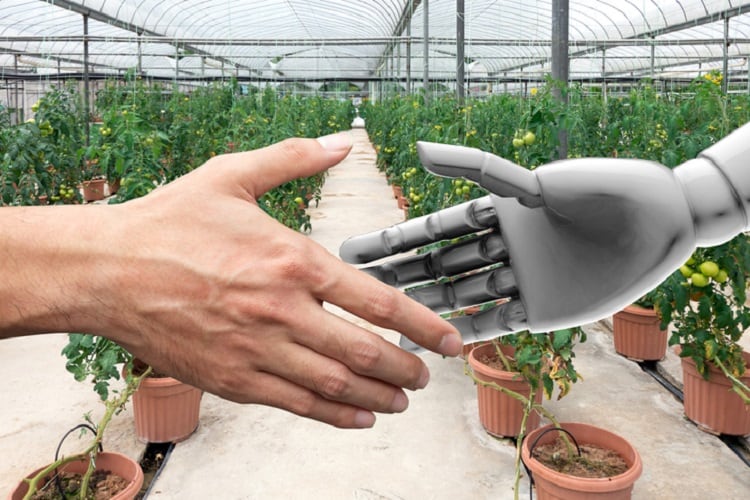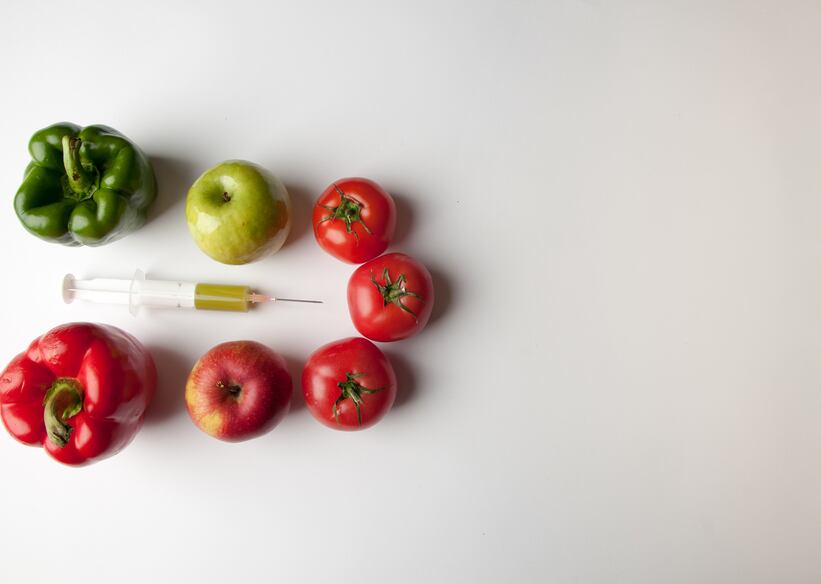New plant breeding techniques, including genome-editing tool CRISPR/Cas, can contribute significantly to food security and sustainable development, according to an international group of researchers.
In their ‘New plant breeding techniques for food security’ article, published in Science, the researchers argue that less-restrictive regulation of genome-edited crops in the EU could send “a positive signal” to developing countries – which suffer most from food insecurity.
In addition, is it predicted that small farms in developing areas – notably in Africa and Asia – will especially feel the effects of climate change.
“Suitable new technologies could help to improve their situation,” co-author and agricultural economist at The University of Göttingten, Matin Qaim, told FoodNavigator.
Qaim described genome editing tool CRISPR/Cas as a precise and efficient tool in crop improvement research. It can help to increase and stabilise yields and make crops more tolerant to climate stress, such as drought, heat, floods and salinity, he explained.
“Adopting the technology could help to reduce the environmental footprint of farming,” he continued. This is largely linked to its potential in pest and disease resistance, which could reduce the need for chemical pesticides.
In addition, CRISPR/Cas is low cost, meaning it can be used by small companies and public institutions, “thus increasing competition and diversity in the seed sector”, said Qaim.
So what is the EU’s stance on GM?
In July 2018, the European Court of Justice (ECJ) ruled that crops obtained by mutagenesis are classified as genetically modified organisms (GMOs), as the techniques and method of mutagenesis alter the genetic material of a plant in a way that does not occur naturally.
Genetic editing using CRISPR-Cas technology involves removing part of the genetic code. Advocates argue it is therefore similar to traditional plant breeding techniques. The genetic material of a genetically modified organism (GMO), on the other hand, uses genetic engineering to insert new code.
At the time, the ECJ’s decision was welcomed by environmental activist groups, yet surprised industry and EU farmers.
Qaim, together with his co-authors, fall into this second category, describing the ruling as a “disappointing” development that “could stifle international progress in applying genome-editing technologies for crop improvement”.
Regulating GMOs in the same way as genome-edited crops – which do not contain foreign DNA – is highly problematic, said Qaim.
“Approval procedures for GMOs are extremely politicised in the EU…hardly any new GMO crop has been approved for cultivation during the last 20 years.
“Using the same approval procedures also for genome-edited crops…would basically mean that plant genome editing for practical purposes is dead in the EU.”
Moving forward: ‘We should be careful not to make the same mistakes’
Looking to the future, Qaim said he is “still optimistic that EU law for GMOs can be adjusted and made more science-based”.
His primary argument for revisiting the ECJ’s decision lies in food safety. Genome-edited crops with simple point mutations are as safe as conventionally-bred crops, he told this publication.
Further, new regulations would allow for more diversity in seed markets, he continued. “Overregulation does not only delay technology developments and applications, but it also contributes to market power in the hands of a few multinationals, because the regulatory costs are often too high for smaller organisations.”
Using transgenic GMOs as an example, Qaim said limited public acceptance of this technology, coupled with high regulatory hurdles, has contributed to a concentration of biotech developments in only a few major crops, and in the hands of only a few multinationals.
“We should be careful not to repeat the mistakes that were made with GMOs”, he said. “We need more diversity and competition.”





